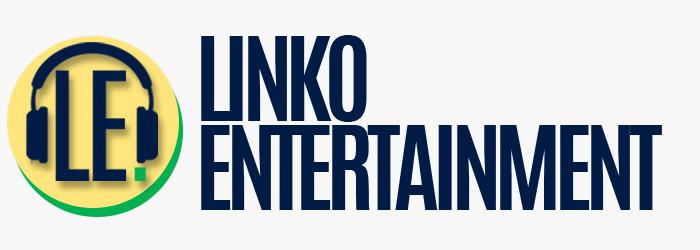The price of cement in Nigeria is influenced by a complex interplay of factors ranging from industrial dynamics and infrastructural issues to global e
The price of cement in Nigeria is influenced by a complex interplay of factors ranging from industrial dynamics and infrastructural issues to global economic influences and government policies.
Understanding the factors influencing cement prices in Nigeria is crucial for stakeholders in the construction and manufacturing sectors.
While some factors like global economic conditions and raw material costs may be beyond immediate control, areas such as energy consumption, government policies, and technological investments offer avenues for strategic decisions that can help stabilize and potentially reduce the cost of cement in Nigeria.
Here’s a detailed breakdown of the main factors affecting cement prices in Nigeria:
1. Cost of Raw Materials
Cement manufacturing requires various raw materials, notably limestone, along with smaller quantities of sand and clay. The costs of these raw materials can fluctuate due to various reasons such as scarcity, increased demand, and transportation issues, all of which can influence cement prices.
2. Energy Costs
The production of cement is energy-intensive, relying heavily on electricity and fuel for running heavy machinery and kilns. Variations in energy prices, especially petroleum products and electricity tariffs, significantly impact the cost of production. In Nigeria, frequent changes in fuel prices and the unstable power supply lead to reliance on diesel generators, which increases operational costs.
3. Government Policies
Tariffs, taxes, and regulations imposed by the government can either increase or decrease the cost of cement. Import policies on raw materials and finished products also play a crucial role. For instance, high import duties on cement or raw materials can lead to increased production costs, whereas subsidies or reduced tariffs can help to lower prices.
4. Transportation and Logistics
Nigeria’s vast geography and varying terrain present logistical challenges that affect the distribution costs of cement. Poor road conditions, long distances from manufacturing plants to market areas, and fluctuating fuel prices contribute to higher freight costs, directly impacting the final retail price of cement.
5. Exchange Rates
Since some of the raw materials and machinery used in cement production are imported, fluctuations in exchange rates can have a significant impact. A weaker Nigerian Naira increases the cost of imports, thereby raising production costs which are then passed on to consumers in the form of higher prices.
6. Market Demand and Supply
The demand for cement in Nigeria is heavily tied to the construction industry. Periods of intense construction activity lead to higher demand, pushing prices up. Conversely, a downturn in construction can lead to an oversupply of cement, potentially lowering prices. However, supply is also influenced by the production capacity of cement manufacturers and their ability to meet market demand efficiently.
7. Competition
The level of competition in the cement industry affects pricing. Nigeria’s cement market is dominated by a few major players, such as Dangote Cement, Lafarge Africa, and BUA Cement. Limited competition can lead to higher prices due to oligopolistic practices. However, increased competition among these companies can help to drive prices down.
8. Global Economic Conditions
Global economic trends can indirectly affect the cement industry in Nigeria. For example, global recessions can lead to reductions in foreign direct investment in construction projects, reducing demand for cement. Global inflation can also affect the cost of imported raw materials and equipment.
9. Technological Advancements
Advancements in technology can lead to more efficient manufacturing processes, reducing costs over time. However, the initial investment in newer technologies can be high, temporarily increasing production costs.
Price Of Dangote Cement
The current price of Dangote cement varies from ₦7,500 to ₦8,000 per 50kg bag, depending on the location.
Price Of BUA Cement
The retail price of BUA cement in Nigeria is between ₦6,700 to ₦7,500.
Price Of Ibeto Cement
The new price of Ibeto cement in Nigeria ranges between ₦7,000 to ₦8,000.
Price Of Lafarge Cement
The new Lafarge cement price in Nigeria is between ₦6,900 to ₦7,500.
Price Of UNICEM Cement
The price of UNICEM Cement ranges between ₦7,000 and ₦7,500, depending mostly on the location of purchase.
Price Of POP Cement
The price of POP Cement is ₦8,500.


COMMENTS